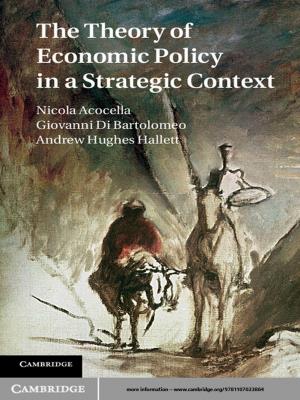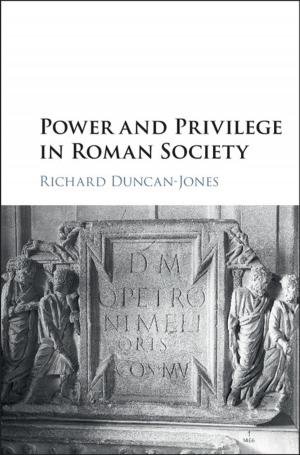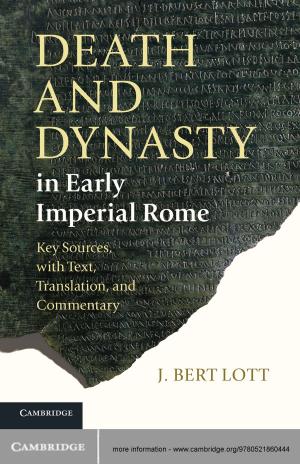Philosophy of Religion
Towards a More Humane Approach
Nonfiction, Religion & Spirituality, Other Practices, Theism, Philosophy| Author: | John Cottingham | ISBN: | 9781316053683 |
| Publisher: | Cambridge University Press | Publication: | September 15, 2014 |
| Imprint: | Cambridge University Press | Language: | English |
| Author: | John Cottingham |
| ISBN: | 9781316053683 |
| Publisher: | Cambridge University Press |
| Publication: | September 15, 2014 |
| Imprint: | Cambridge University Press |
| Language: | English |
Religious belief is not just about abstract intellectual argument; it also impinges on all aspects of human life. John Cottingham's Philosophy of Religion opens up fresh perspectives on the philosophy of religion, arguing that the detached neutrality of much of contemporary philosophizing may be counterproductive - hardening us against the receptivity required for certain kinds of important evidence to become salient. This book covers all the traditional areas of the subject, including the meaning of religious claims, the existence of God and the relation between religion and morality, as well as the role of spiritual praxis and how religious belief affects questions about the meaning of life, human suffering and mortality. While preserving the clarity and rigor that are rightly prized in the analytic tradition, the book also draws on insights from literary and other sources, and aims to engage a wide readership.
Religious belief is not just about abstract intellectual argument; it also impinges on all aspects of human life. John Cottingham's Philosophy of Religion opens up fresh perspectives on the philosophy of religion, arguing that the detached neutrality of much of contemporary philosophizing may be counterproductive - hardening us against the receptivity required for certain kinds of important evidence to become salient. This book covers all the traditional areas of the subject, including the meaning of religious claims, the existence of God and the relation between religion and morality, as well as the role of spiritual praxis and how religious belief affects questions about the meaning of life, human suffering and mortality. While preserving the clarity and rigor that are rightly prized in the analytic tradition, the book also draws on insights from literary and other sources, and aims to engage a wide readership.















